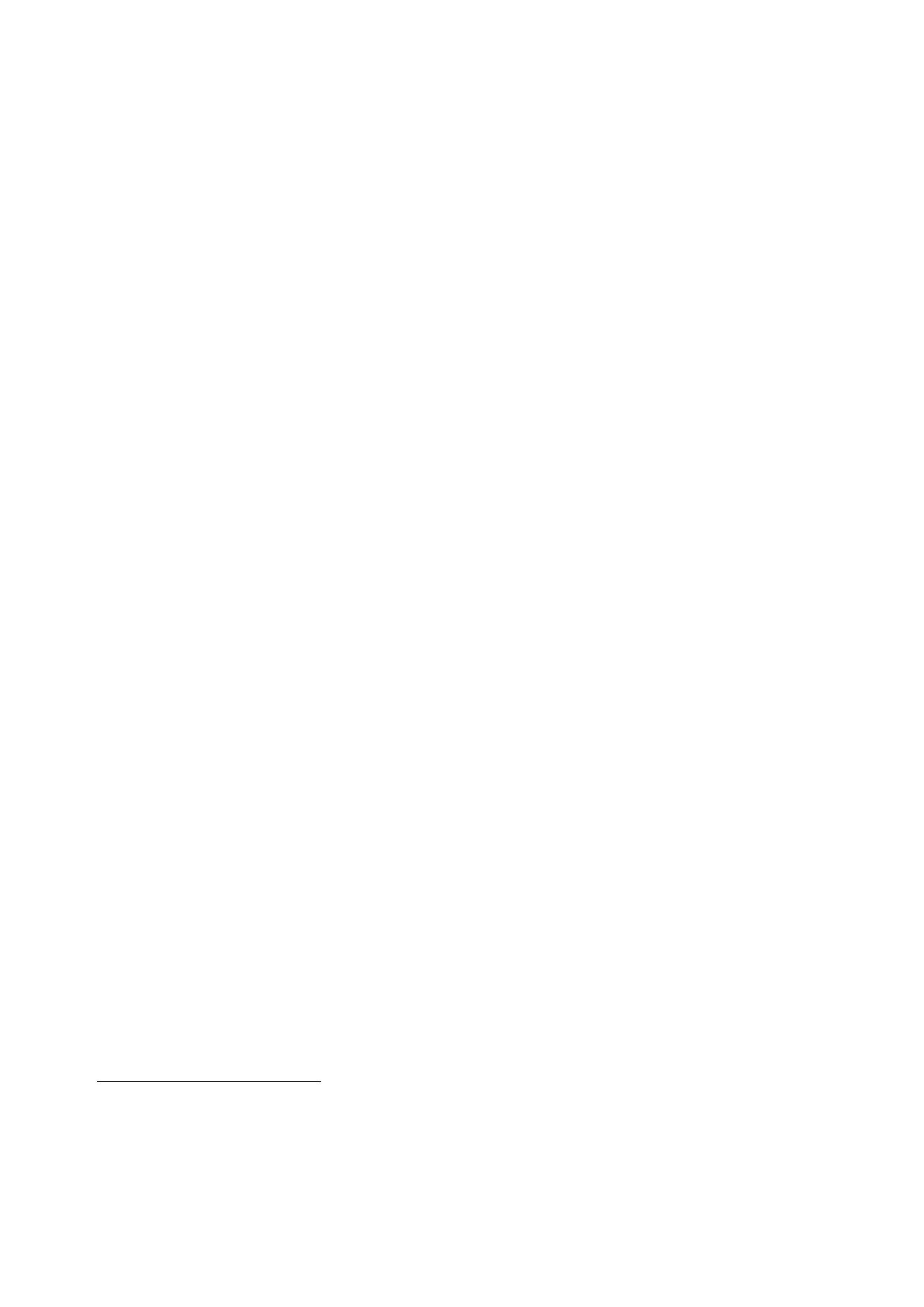
9.3 |
July 2004 to May 2005
131.
At the request
of the FCO, two JIC Assessments in September considered
the
degree to
which Iran was interfering in Iraq and supporting Al Qaida or Sunni
extremist
groups.60
The JIC
assessed that:
“Iran has
many legitimate interests in the future of Iraq, which it regards
as vital to
its
security … It wants the multinational forces to depart, so long as
chaos does not
result …
While it does not expect, and is not pushing for, a government in
Iraq on
the Iranian
model, it does want a regime in which the Iraqi Shia – especially
those
amenable to
Iranian influence – have significant representation and real
power.
We judge
that Iran wants to maximise its influence in Iraq, but also to
hedge against
an outcome
which marginalises it or its main Iraqi allies. Consequently, it
continues
its efforts
to build links with a wide range of Iraqi individuals, groups and
political
parties,
including some outside the mainstream … Hardliners may also fear
the
implications
for Iran of having a successful democracy in Iraq.”
132.
The JIC
assessed that there had been a “shift for the worse in Iranian
posture and
tactics”,
specifically that there was some support from within Iran for Shia
insurgents
in southern
Iraq, including the provision of finance and weapons for al-Sadr’s
recent
uprising in
Najaf, although there was “no sign of a wide-scale Shia
insurgency”. The JIC
judged that
“any direct Iranian support to the Sunni insurgency … is likely to
be relatively
narrow in
scope” and that:
“The Sunni
extremist presence in Iran is substantial, and comprises members
of
several
groups in addition to Al Qaida. Some of these jihadists … are
allowed by
the Iranian
authorities to operate in comparative freedom.”
133.
Sir John
Scarlett, Chairman of the JIC between 2001 and 2004, told the
Inquiry
that there
was a marked contrast in the degree to which Iran appeared to be
involved in
Iraq
between April 2004 and September 2004.61
In April,
the JIC was confident that Iran
was not
behind the Sadrist attacks on coalition forces in Najaf; but by
September the
assessment
was “very significantly tougher”.
134.
Mr Tim Dowse,
Chief of the Assessments Staff from 2003 to 2009, told the
Inquiry
that the
JIC had spent a lot of time trying to work out what the Iranians
were doing in
Iraq, but
had “started this whole period with a reluctance to see an Iranian
hand”.62
135.
The JIC felt
that “the Iranians had at least a twin track policy, and probably
more
than that,
more than two tracks”.63
60
JIC
Assessment, 15 September 2004, ‘Iran: Interference in Iraq’; JIC
Assessment, 23 September 2004,
‘International
Terrorism: Iran’s Stance Towards Al Qaida and Other Sunni Extremist
Groups’.
61
Private
hearing, 10 June 2010, page 45.
62
Private
hearing, 14 June 2010, page 60.
63
Private
hearing, 14 June 2010, pages 61-62.
417
